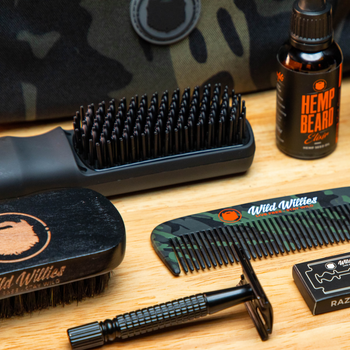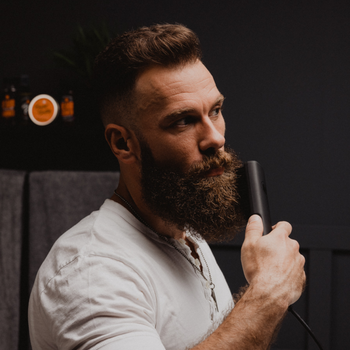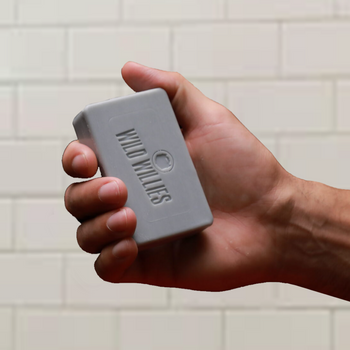Let’s face it. For most people, interviews are less than fun. For many people, particularly those with little experience participating in interviews, the experience can be downright nerve-racking. Even well qualified candidates for a job can see the interview process as a hurdle, since it tests not only technical ability but also people skills and personality.
In the world we live in today, the ability to ace an interview is critical in every line of work, from the most simple to the most prestigious. A changing world means that flexibility and adaptability are key soft skills for any job applicant to have. The interview process is one of the main ways that employers get a feel for these skills.
Here’s the good news: making it through an interview successfully is not hard. The trick is to know how to present yourself, and how to prepare for your interview so that you don’t get a sudden attack of the nerves. A few simple interview tips are all you will need to make a great impression on a future employer.
In this article we will be discussing the following points:
Follow the simple advice outlined below, and you may start to find that you no longer dislike interviews as much as you used to. In fact, you just might start to enjoy them!

Dressing for Success
Whether we are conscious of it or not, the way a person dresses affects the way that we think about and engage with them. This is true even in casual settings, but in the workplace it is even more vital. Knowing what to wear to an interview can be the difference between almost getting the job and getting the job.
Depending on the field of work you are applying for, the way that you are expected to dress will change. Regardless, whether you are wearing business casual or a suit, there are some general guidelines you should follow.
The first thing to remember is to keep your clothes clean and wrinkle free. It doesn’t matter how nice or expensive of a shirt you wear to your interview if it looks like you just pulled it out from between the couch cushions or spilled half of your meal on it. Even small details like slight stains can play a role in how your potential employer sees you, so if you have an interview scheduled for later in the day, consider waiting to change into your interview attire until just before you go.
Of course, the clothes you wear should fit you well and should match the general level of formality for the job you are applying to.
Beyond clothes, however, there are other aspects of your appearance and presentation that can play an equally important role. Making sure that you smell good—by brushing your teeth shortly before the interview, for example—is nearly as important as making sure that you are dressed appropriately. Having your hair combed and trimmed is also something that your boss will certainly notice.
Finally, if you are a man with a beard, it is important to keep your beard clean and well brushed. A trimmed and moisturized beard will take you a lot further than a big frizzy mess. This is especially true if your future workplace has some sort of regulation concerning beards. In the best case scenario, a workplace with a no-beard policy might be willing to overlook your case or review their policy if your beard looks professional enough.

Mentally Preparing for the Interview
Now that you are dressed up, smelling nice, and meticulously groomed, you are ready for the final stage of preparation for your interview: getting mentally prepared.
There are a few ways that you can do this. A lot of people will listen to music that energizes them or even hit the gym in the morning in order to feel that post-workout clarity.
Talking to a friend before your interview and going over what you will say is another strategy that lots of people employ. It might even be useful to a practice interview (or five) with someone standing in for the interviewer. This is a great way to rehearse some of your most talking points and soothe your nerves.
However, the most thorough way to prepare for whatever your interviewer throws at you is to know the most common questions that interviewers ask, and understand how to answer them thoughtfully.

Common Interview Questions and Answers
Q: Tell me about yourself
This isn’t exactly a question, and because it is so open ended many interviewees struggle to answer. Having a list prepared of important points about yourself and your history that relate in one way or another to the job is a great way to avoid grasping at straws when hit with vague prompts like this one.
Q: Why did you leave your previous job?
When the interviewer asks this question, they are basically asking you to explain the trajectory of your career. Even if you are switching jobs unintentionally due to layoffs or personal reasons, it is important to cast the transition as a new opportunity. Positive framing can make a world of difference.
Q: Why do you want this job?
This question is phrased as if the interviewer is curious as to your reasons for applying to the job. However, this is a great opportunity for you to sell yourself without sounding overly cocky. For example, you can say that you are excited to take on this new role because it will allow you to utilize skills X, Y and Z.
Q: What is your biggest weakness?
Conventional wisdom has it that you should use this question to talk about a strength in disguise. For example, “my biggest weakness is that I am a perfectionist.” This is not a terrible approach, but sometimes it pays to simply be honest. Talk about an aspect of yourself that could use work, but that you are actively working to improve.
Q: What is your dream job?
Unless it is true, don’t say “this one!” What your interviewer really wants to know is what kind of a setting you work best in. A response like “my dream job is one in which I work closely with a dedicated group of people” shows that you are a team player without stating it explicitly.
Q: Describe a difficult situation/decision you have handled at work
Every job interviewer wants to know how you stand up to pressure and respond to tough situations. Having a story or two on hand about how you handle problems or mistakes is never a bad idea.
Q: What is your biggest achievement?
In a sense, you are telling your interviewer what motivates you—the things that really make you feel proud of yourself and fulfilled. Focus not only on the achievement, but all of the hard work and skills you applied to finally get it done.
Q: Where do you see yourself in ten years?
In today's economy, most jobs aren’t expecting you to be an employee for life. If your career goals are lofty, don’t be afraid to say so. Most workplaces value ambition as much as loyalty.







